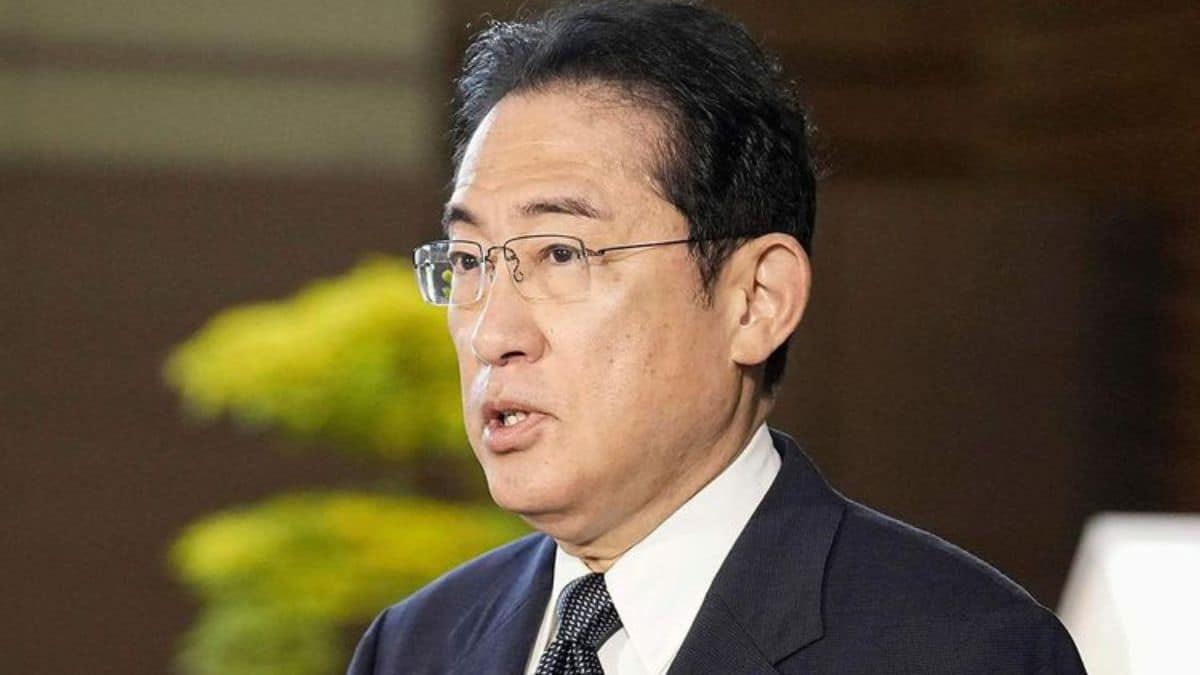Prime Minister Fumio Kishida announced Friday that he will cancel his scheduled trip to Central Asia. The decision comes in response to the severe earthquake that struck Miyazaki Prefecture on Thursday, which has prompted heightened caution and response efforts across Japan. Kishida’s announcement underscores the urgent need for national attention and resources to address the aftermath of the earthquake.
The Prime Minister’s original itinerary had included visits to Kazakhstan, Uzbekistan, and Mongolia, where he was set to engage in crucial diplomatic discussions and participate in a high-level summit with leaders from five Central Asian countries. The trip, planned from Friday to Monday, was intended to strengthen Japan’s diplomatic ties and economic cooperation with these nations. However, the recent seismic event has shifted Kishida’s priorities toward ensuring Japan’s preparedness and response in the wake of the natural disaster.
The Japan Meteorological Agency issued the Nankai Trough Earthquake Extra Information following the earthquake, highlighting the potential for further seismic activity in the region. This advisory has intensified the focus on disaster readiness and response, prompting Kishida’s decision to remain in Japan and oversee the coordination of emergency measures.
The cancellation of the Central Asia trip marks a significant realignment of the Prime Minister’s diplomatic agenda, reflecting the critical nature of the earthquake’s impact and the need for immediate, localized attention. Kishida’s decision to stay on high alert and manage the domestic response emphasizes the government’s commitment to addressing the urgent needs of affected communities and ensuring national safety in the face of ongoing geological threats.

